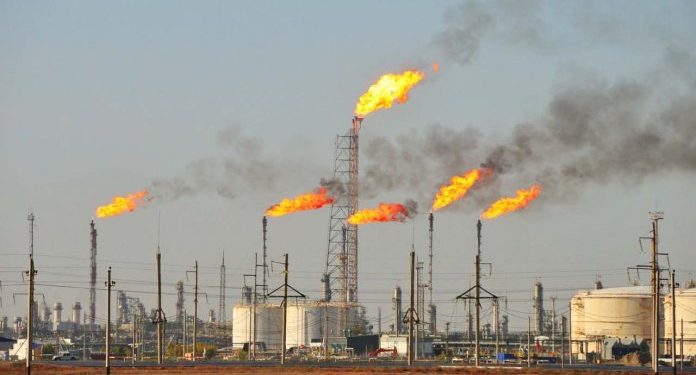Africa’s downstream sector has seen an injection of $30 billion in investment, as the continent is one of the few regions where oil demand is expected to grow steadily for the next two decades, the African Refiners and Distributors Association (ARA) said Thursday.
This investment is most evident in countries such as Nigeria, South Africa, Morocco and Angola, the ARA said in a statement after the conclusion of its annual event in Cape Town this week.Besides, US President Donald Trump has again urged OPEC to increase oil supply, saying prices were “getting too high,” after WTI crude futures have hovered near $60/b for the past two weeks.
“Very important that OPEC increase the flow of Oil,” Trump said Thursday on Twitter. “World Markets are fragile, price of Oil getting too high. Thank you!”The tweet comes as US Secretary of State Michael Pompeo is scheduled to meet Thursday morning in Washington with officials from OPEC’s top two oil producers: Saudi Prince Khalid Bin Salman and Iraqi Speaker of Parliament Mohammad Halbousi.
It was Trump’s 12th tweet about oil prices since becoming president.The WTI Crude dropped by 0.57% to $58.84; Brent dropped to $66.58 while Nigeria’s Bonny Light dropped by 0.29% to $68.24 as at 4:38pm local time.Indeed, Africa’s population and economic output is set to boom in the coming decades, supporting energy demand, while elsewhere in the world energy demand is maturing.
Large refining projects include the 650,000 b/d Dangote refinery in Nigeria, which is expected to start up in late 2022, along with a big push in the Egyptian and Algerian refining sector, the ARA noted.Besides refining, a lot of capital has been invested in logistics, distribution, storage terminals, import facilities and retail marketing, the refining association said.
Delegates and speakers at the conference stressed the critical need to create the right regulatory structures that will satisfy the massive requirement for finance to meet Africa’s growing oil demand.Some analysts are particularly bullish on the continent’s oil retail and storage sector, saying population growth will support rising demand, but they remain wary of how government policies could blunt this effect.
“The main challenge is the government’s potential ability to damage the sector through subsidies or poor regulation. Subsidies have generally reduced, and we support this move,” Standard Bank’s head of oil and gas for Southern Africa, Paul Eardley-Taylor, said.“The continent as a whole has struggled to keep up with the rest of the world in terms of refining capacity. Delays to projects and the lack of committed financing have stifled progress in the past, but the investment environment now looks more favourable”, the statement read.










